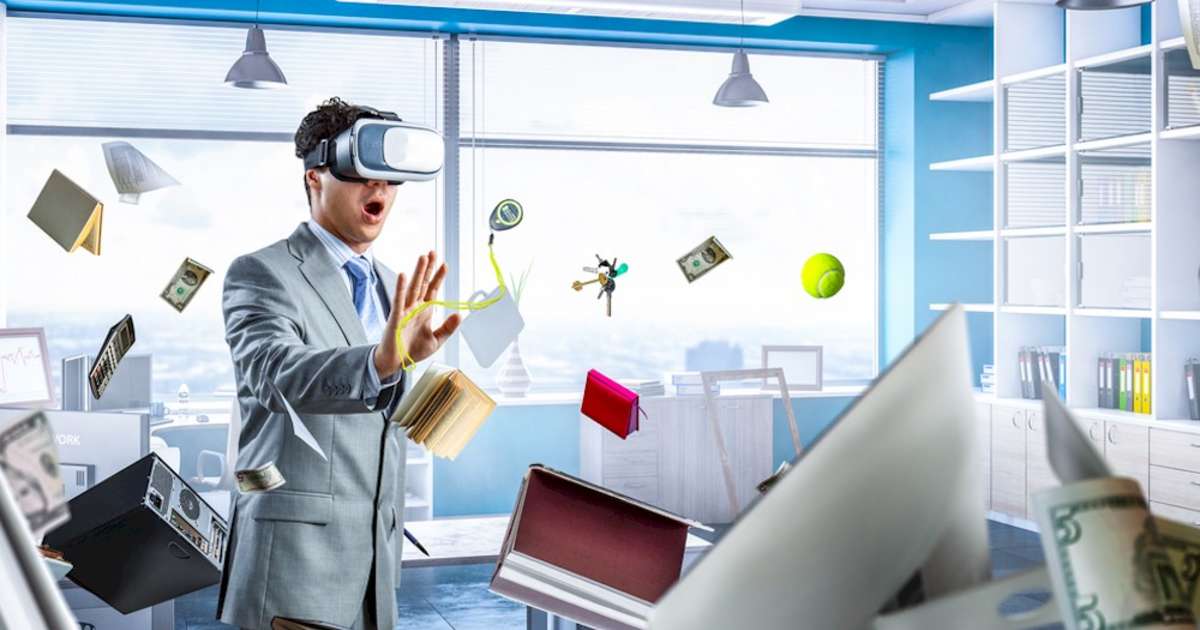Exploring the Potential of Mixed Reality Glasses in Hospitality Marketing: Crafting Innovative Consumer Experiences
The Rise of Mixed Reality Glasses in Hospitality Marketing: Crafting Seamless Consumer Experiences in the Metaverse
The concept of the metaverse has been gaining traction globally, especially after Facebook rebranded itself as Meta in late 2021. With the metaverse predicted to be the next disruptive technology that will revolutionize customer experiences in the hospitality and marketing industry, there is a growing interest in exploring the potential of mixed reality (MR) glasses to enhance customer interactions.
MR glasses, which combine the benefits of augmented reality (AR) and virtual reality (VR) technologies, offer users the ability to interact in both the physical and virtual worlds seamlessly. Unlike AR, which limits interactions within devices, and VR, which blocks the real world, MR glasses provide a unique opportunity for users to experience a layer of the virtual world on top of the physical world.
Imagine waking up in the morning and putting on your MR glasses to check your social media platforms while brushing your teeth. You can cook breakfast while watching YouTube videos and following a recipe, all within the virtual world presented through your glasses. When you drive to work, the GPS system is overlaid on the physical road, guiding you to your destination seamlessly.
In a restaurant context, MR glasses can enhance the dining experience by providing real-time information about the menu, the chef, and the ingredients of a dish. Users can interact with waitstaff, customize their orders, and leave feedback, all through their MR glasses. This level of personalized and instant communication can transform the way customers engage with hospitality businesses.
For hospitality marketers, the potential uses of MR glasses are endless. From creating immersive hotel experiences to designing futuristic rooms with high-tech gadgets, MR glasses can help marketers craft unique and memorable consumer experiences. By leveraging the power of 5G and MR experience design, hotel marketers can provide real-time communications and personalized services to guests throughout their stay.
Furthermore, MR glasses can also revolutionize employee training and marketing initiatives within hospitality businesses. Recruiters can use MR glasses to evaluate candidates in real settings, while HR trainers can introduce trainees to virtual guidance and game-style training experiences. This innovative approach to training can increase employee engagement and retention, ultimately improving the internal and external brand image of hospitality companies.
However, as hospitality marketers embrace the potential of MR glasses, they must also consider potential drawbacks, such as privacy concerns and ethical issues. Market testing and collecting feedback from customers and employees will be crucial in ensuring that MR experiences are well-received and do not disrupt consumer interactions.
In conclusion, the rise of MR glasses in hospitality marketing presents a unique opportunity for businesses to create seamless and immersive consumer experiences in the metaverse. By embracing this technology and leveraging its capabilities, hospitality marketers can stay ahead of the curve and provide innovative solutions that meet the evolving needs of customers in the digital age.
